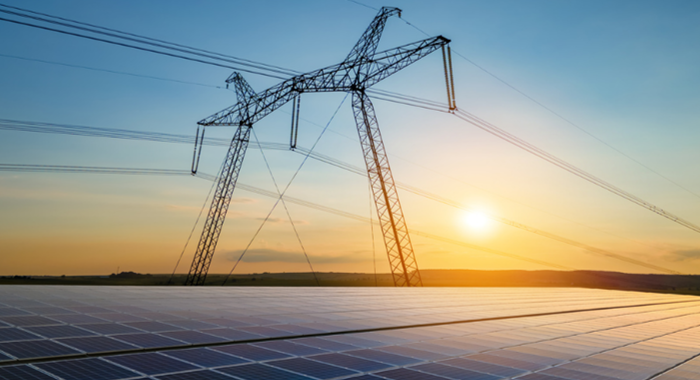Project Detail

09. The Blue Economy and Climate Change: Risk Assessment and Adaptive Strategies for Improved Seaport Resilience to Climate Change
Seychelles, a small island nation in the Indian Ocean, is particularly vulnerable to the impacts of climate change. Its economy depends heavily on maritime trade, tourism, and fishing, all reliant on the continuous operation of seaports. Climate-induced risks, such as sea-level rise, coastal erosion and extreme weather events, increasingly threaten the resilience and functionality of these critical infrastructures. The project aims to enhance the resilience of Seychelles’ port infrastructure against the impacts of climate change. The Seychelles Ports Authority (SPA), the Seychelles government authority in charge of ports, has made strides in enhancing the operational efficiency of seaports and initiating green seaports initiative. There is an urgent need for new/ strengthened policies that embed climate adaptation strategies into all aspects of port management, ensuring that Seychelles’ ports remain resilient in the face of escalating climate risks.
The initiative aims to address port vulnerabilities comprehensively, including a thorough risk assessment to understand current and future threats to port operations. The project seeks to develop or strengthen policies that integrate climate adaptation strategies into port management, ensuring that resilience measures are embedded in the Seychelles Ports Authority's Strategic Plan and future port expansions, such as the Port Victoria expansion. Additionally, it focuses on recommending specific infrastructure adaptations to mitigate risks, such as redesigning assets and enhancing flood defences. By creating a robust strategic framework for managing ports infrastructure amid climate change, the project aims to maintain the efficiency and reliability of Seychelles’ ports, thereby protecting the nation's economic stability and resilience.











Nodal Government Agency
Seychelles Port Authority